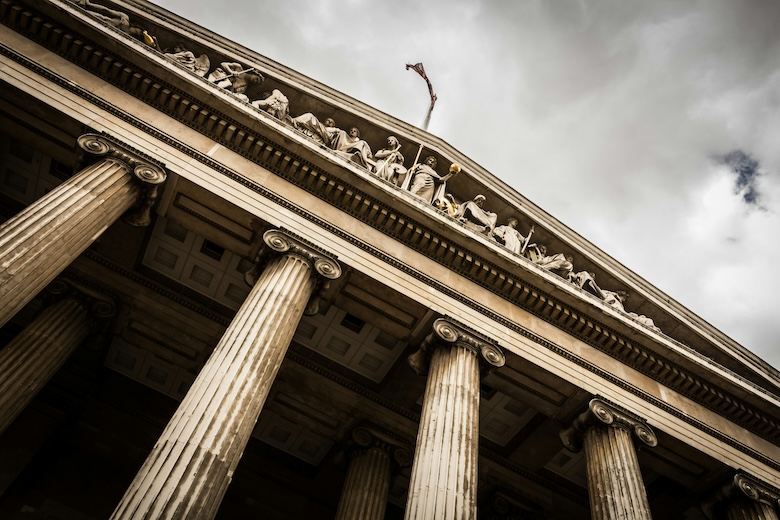In this video, Professors David Malan and Doug Lloyd from Harvard Law School explore the impacts of AI on the legal profession. They discuss applications of AI in spam classification, handwriting recognition, and recommendation systems and note that complex problem-solving algorithms are mirroring human thought patterns, revolutionizing everything from light entertainment AI music generation to the more serious field of law. However, they warned of the dangers of “deepfake” videos, images, and potential misinformation caused by AI. As technology advances, detecting false AI-generated information would become increasingly difficult, causing potentially serious societal implications.
They also talk about ChatGPT, which can generate a comprehensive brief on legal topics through simple prompts, raising concerns about the potential redundancy of paralegals and translators. They argue that while AI is taking away mundane tasks and increasing efficiency, it may also potentially replace a larger portion of job roles, disrupting the job market.
The professors have also touched upon the sophistication of AI-generated images and videos, posing consequences for discerning factual information. In certain instances, AI has been able to create images that convincingly replicate real-life situations, visually deceiving audiences, posing threats to information authenticity.
In conclusion, the speakers highlight the increasing challenge of legal regulations keeping pace with AI developments. Rapid advancements in AI capabilities may stir societal implications, particularly for the legal profession, and warrants continuous monitoring and discussion.


